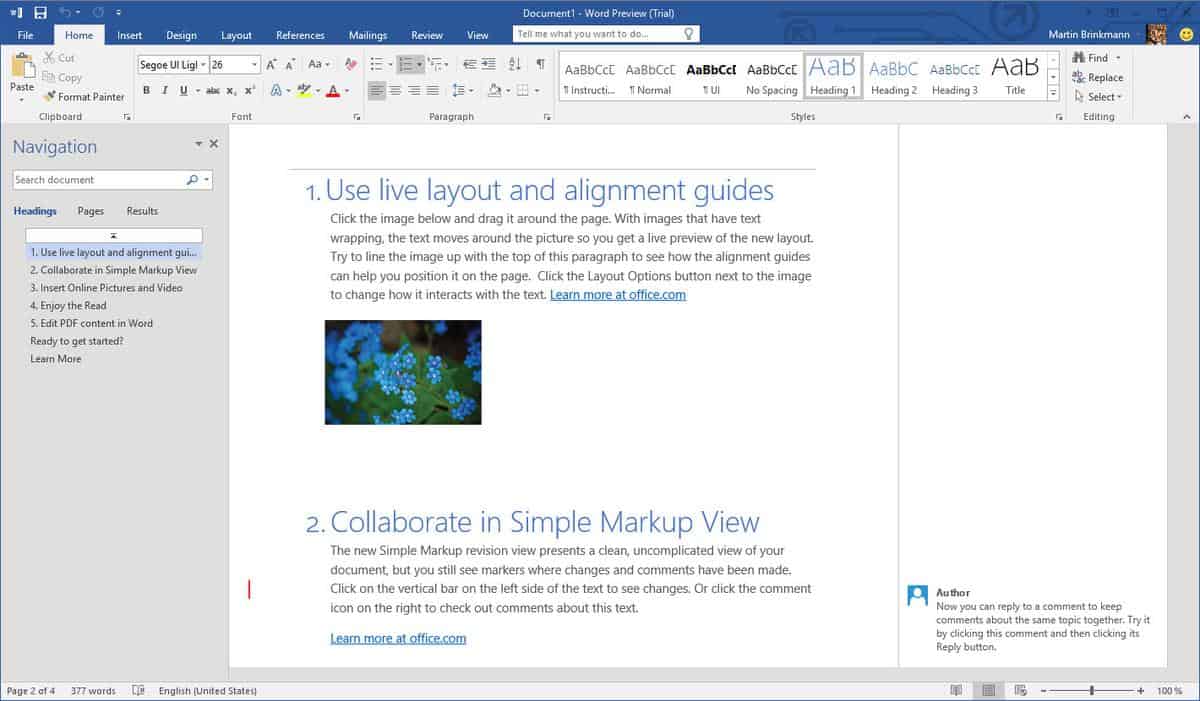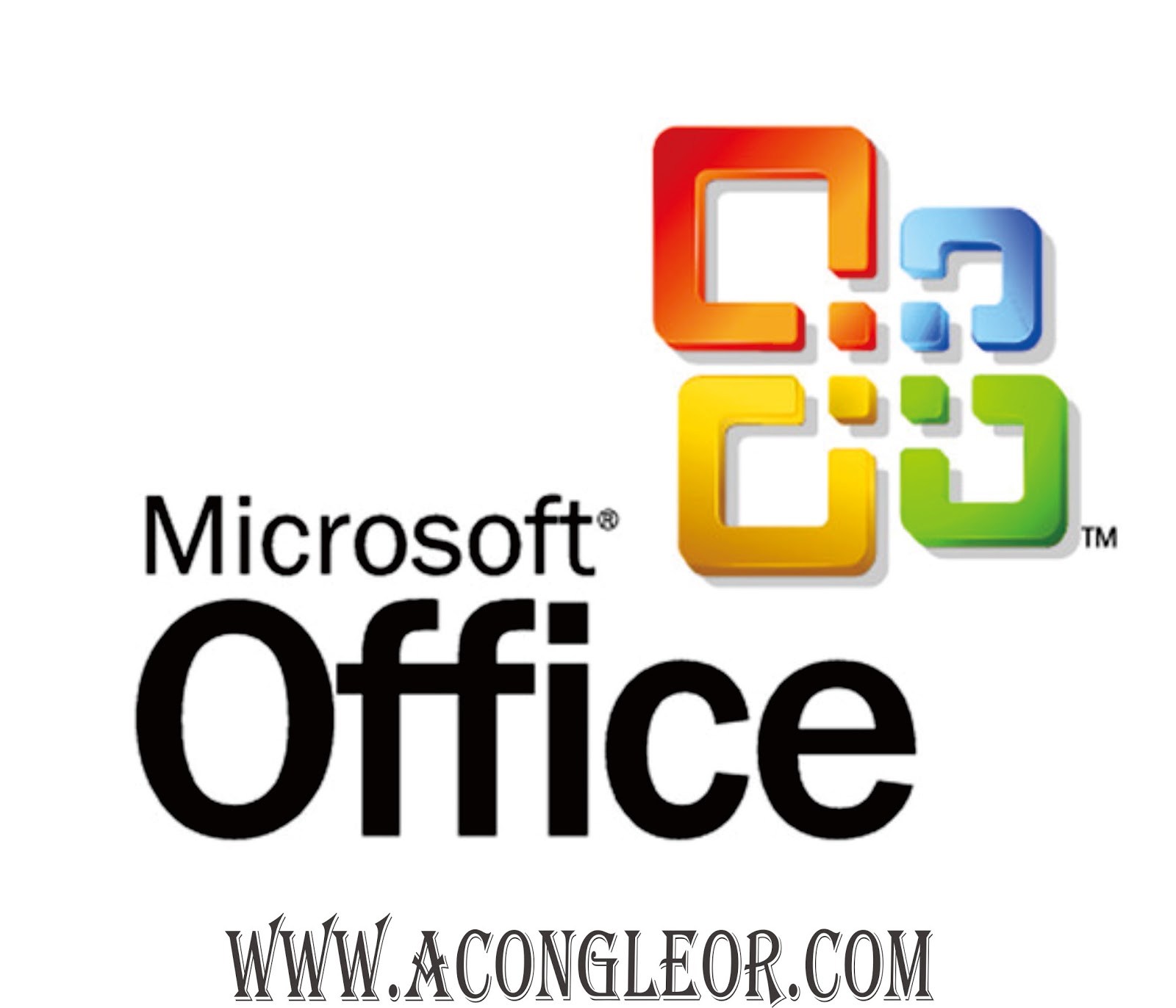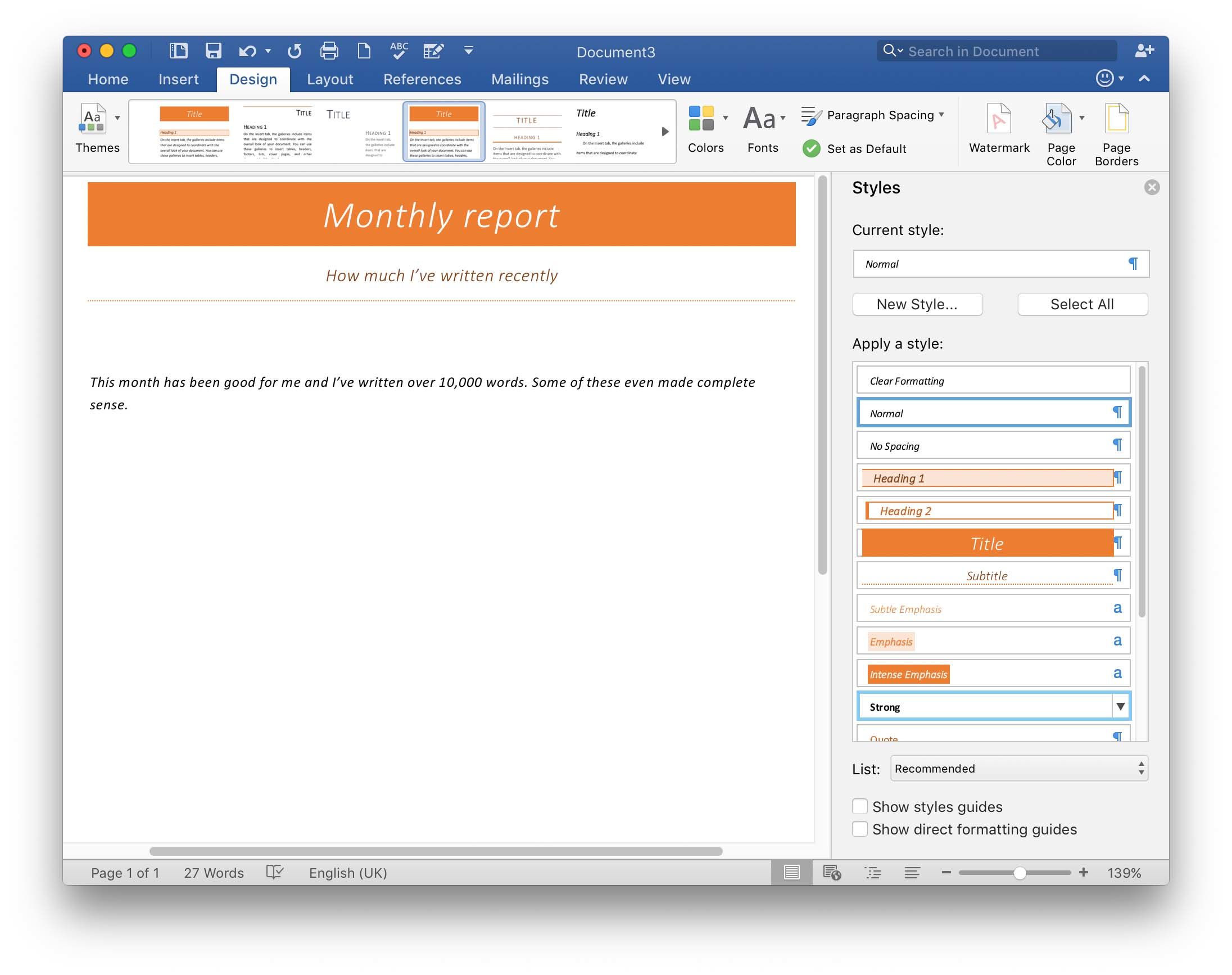

We found these processors to be unusable with more than a single open app. Avoid AMD processors like the dual-core A9 and steer clear of Intel Pentium and Celeron processors like the N4200 and N5000.

The Core i3 and Ryzen 3 processors are fine for casual use and basic schoolwork but aren’t the best for multitasking the Core i5 and Ryzen 5 are faster and better at multitasking but rare in this price range.

Processor: We recommend an 11th, 12th, or 13th generation Intel Core i3 or Core i5 processor or a 7000-series AMD Ryzen 3 or Ryzen 5 processor.But avoid Windows laptops with less than 64 GB of flash storage-you can’t even run Windows updates on them without an external drive. We found that having flash storage (ideally an SSD, but an eMMC or UFS drive will do in a pinch) instead of a traditional hard drive dramatically improved everyday performance, even more than a faster processor or more memory. Storage: Some cheap Windows laptops still have spinning hard drives or hybrid drives that feel unbearably slow-booting the laptop, launching apps, and browsing files take so long that you have time to sip coffee and stretch before you can do anything.


 0 kommentar(er)
0 kommentar(er)
